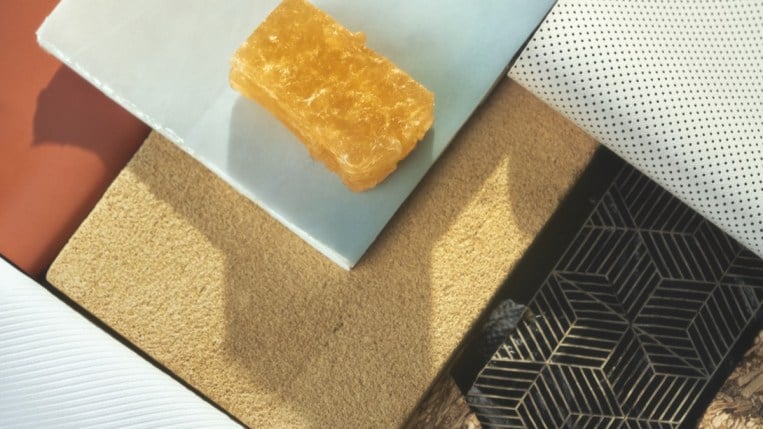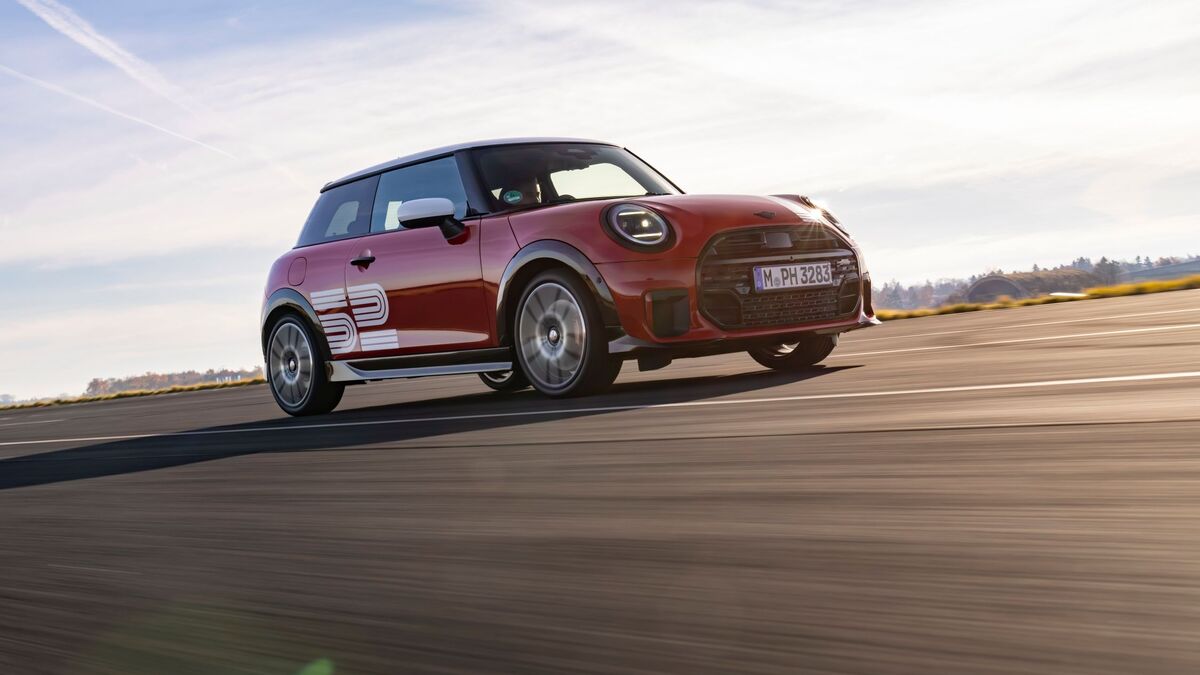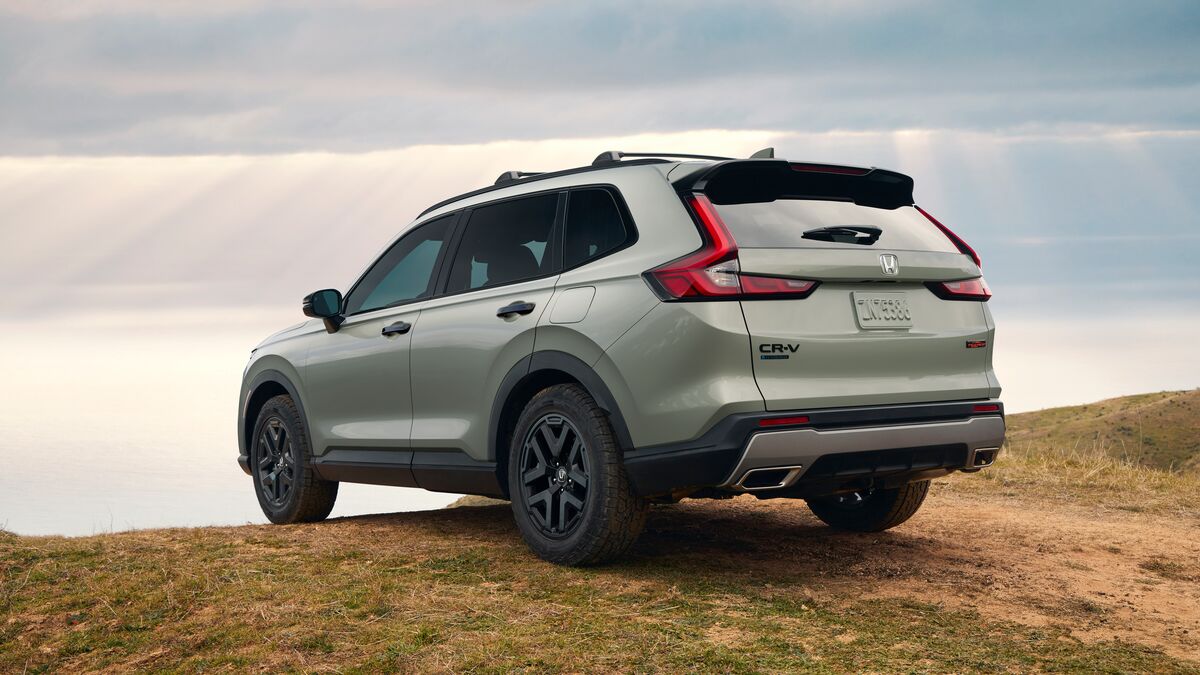
It’s not just about animal welfare. The move is part of an effort to reduce the company’s carbon footprint. BMW explains, “Leather-free surfaces reduce CO2e emissions by 85 percent.”
The company’s announcement didn’t say whether all or only some 2023 Mini and BMW products will have optional vegan interiors. We’ve asked for clarification.
An Industry-Wide Trend
The German luxury automaker isn’t alone. GM has promised to go carbon-neutral by 2040. Porsche thinks it can achieve carbon neutrality 10 years earlier.
BMW has set a series of targets to drastically reduce its carbon footprint, though we’re not aware of a date it expects to be carbon neutral.
More Than Just Vegan Leather
To get there, the company has been working to improve the sustainability of its operations and of its cars.
The company recently launched a sustainability flagship, the all-electric iX SUV, which uses recycled aluminum and plastic in many parts, and is designed with an eye toward being easily recyclable at the end of its life. Its Mini brand, the company says, will go all-electric by 2030.
BMW also invested in sustainable lithium mining last year in an attempt to make its switch to electric vehicles more ethical.
But Lots of Vegan Leather
This latest move comes thanks to improved leather substitutes. For years, BMW has offered a vegetable-based leather substitute called Sensatec on seats, door panels, and dashboards. But those aren’t the parts of a car that take the most abuse.
Steering wheels and shifters are a more difficult problem. They take constant skin contact. If they feel less luxurious than the real thing, drivers notice. They also wear faster than seat material because of continuous skin contact.
So BMW has developed a new, improved vegan material the company is confident enough to wrap around the touch points. “The new steering wheel surface material reduces CO2e emissions along the value chain by around 85 percent compared to leather,” the company says. “The only distinguishing feature of the new material will be a new grain effect on the steering wheel rim.”
Not 100% Vegan
BMW cars will still utilize some animal products in 2023. “These materials will now only be found in areas that are not visible to the customer, for example in various waxy substances such as gelatine used in protective coatings, lanolin in paints, tallow as an additive in elastomers and beeswax as a flux for paints,” the company says.







